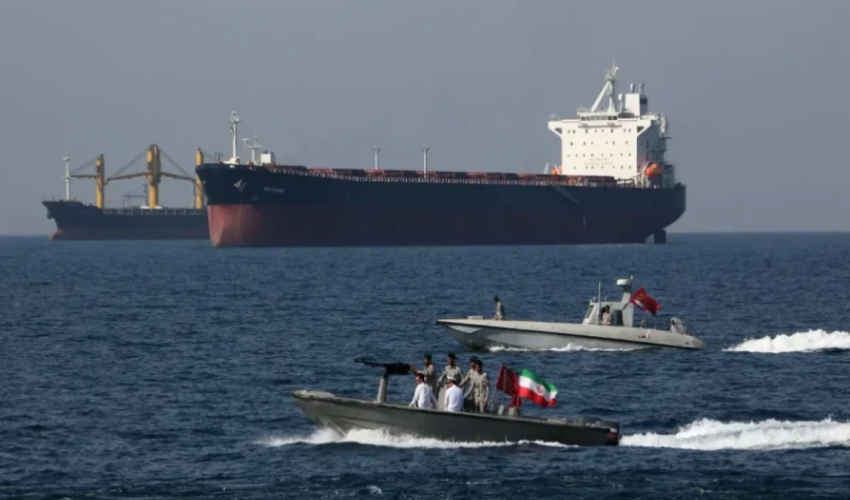Iran threatens to close Strait of Hormuz amid Israeli strikes — U.S. warns of 'red line'

The threat of Iran shutting down the Strait of Hormuz — a vital corridor for global oil and LNG shipments — has resurfaced as tensions with Israel escalate, raising fears of disruption in global energy markets and the risk of U.S. military involvement.
On June 13, Iran’s state news agency IRNA reported that Tehran may take “painful steps” in response to continued Israeli attacks on its nuclear and military facilities, including closing the strait and targeting U.S. interests in the Persian Gulf.
A day later, senior lawmaker Esmail Kothari said the move is being seriously considered. Foreign Ministry spokesman Nassiuss Hosseini added that closure of the strait remains “an option,” though not Tehran’s first choice.
The U.S. State Department responded by warning that any attempt to disrupt commercial or military navigation in the strait would cross a “red line.” The Pentagon has deployed another aircraft carrier to the region and raised alert levels for its forces in the Gulf.
Washington has also intensified coordination with Saudi Arabia and the UAE. Intelligence officials believe Iran may rely on proxy forces in Yemen and Iraq to avoid direct confrontation with the U.S.
Analysts warn that a closure of the Strait of Hormuz could push oil prices to $150 a barrel and strain economies in China and India — Iran’s largest energy buyers. Despite harsh rhetoric, Tehran is unlikely to take a step that could seriously damage its long-term strategic and economic interests.
N.Tebrizli




































 Photo
Photo 



 Video
Video 

